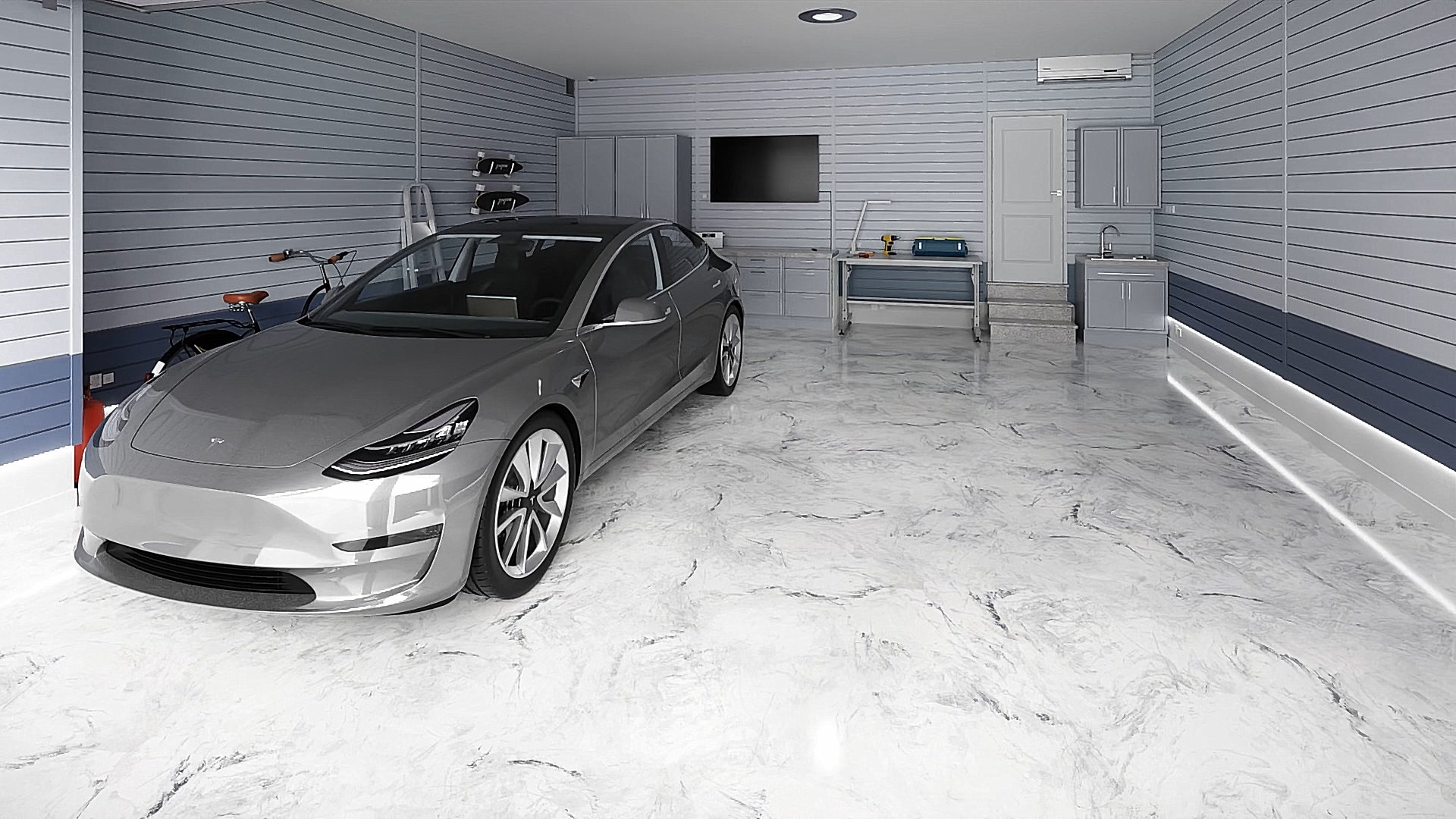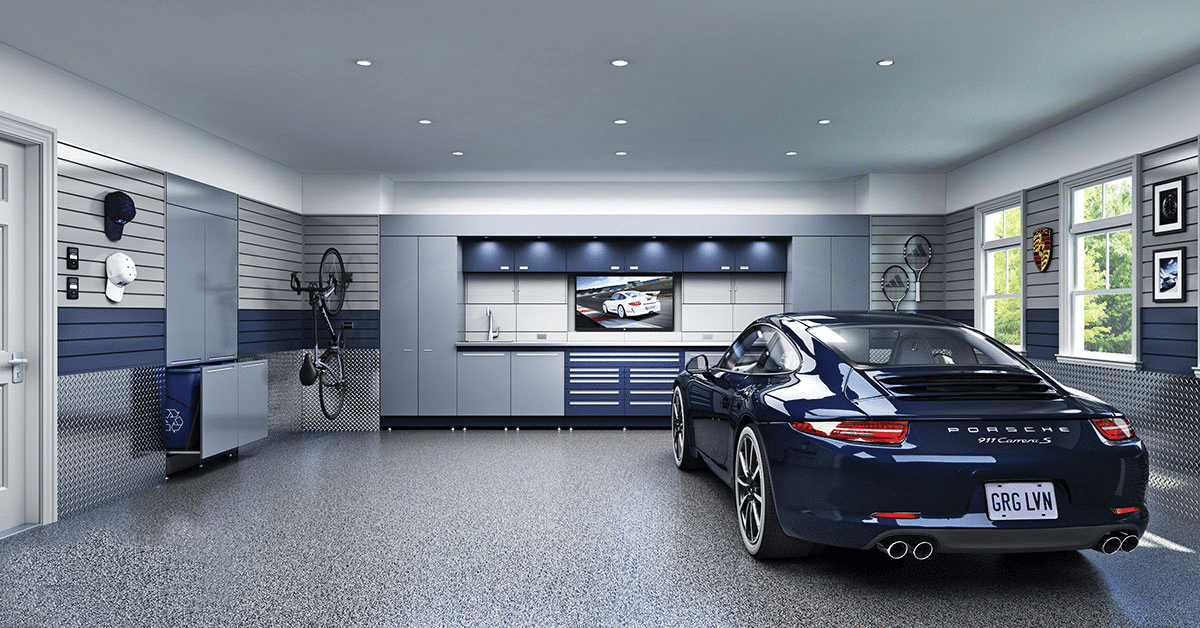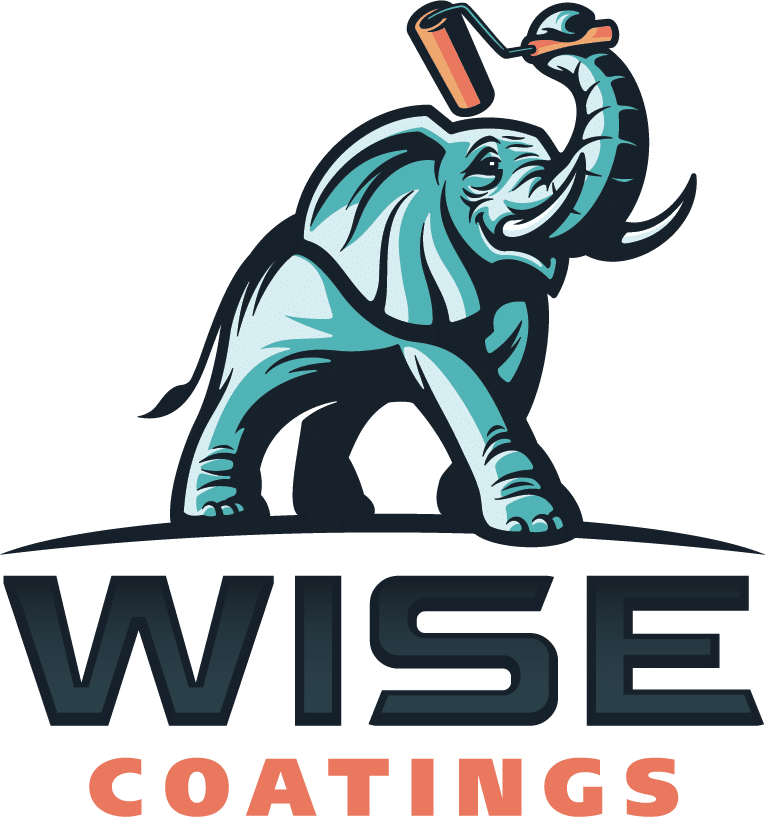Investing in Durability: Understanding the Epoxy Garage Floor Cost
Transform your garage with epoxy flooring for a stylish and functional space. Discover the costs involved in this upgrade and why it’s a smart choice for homeowners seeking durability and aesthetics. Learn about the factors that impact epoxy garage floor cost, from concrete preparation to labor, and how they contribute to the long-term value of your investment. Dive into the details to make an informed decision that enhances both your home’s appeal and value.
The Basics of Epoxy Flooring
Garage epoxy flooring is a unique flooring material that has steadily gained popularity due to its resilience and versatility. Essentially, it consists of two main components: resins and hardeners. When mixed, they chemically react to form a rigid plastic material that binds well to most base layers, especially concrete. Not only is epoxy flooring known for its strength and durability, but it also boasts an impressive shine that can rejuvenate the appearance of any garage. It’s resistant to stains, impacts, and chemicals, making it an ideal choice for a space that sees heavy use and requires easy maintenance.
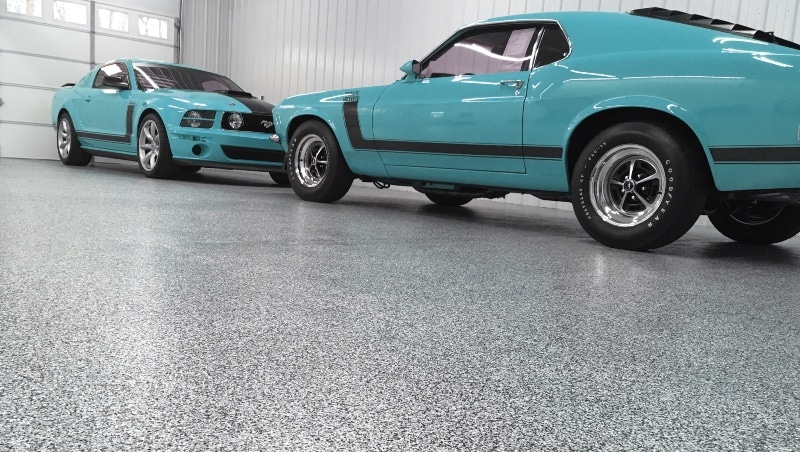
Key Factors Influencing Cost
When considering the installation of an epoxy garage floor, it is important to understand the various factors that can influence the overall cost. One of the primary determinants is the quality and type of epoxy material used. High-grade epoxy with additional features, such as UV protection and advanced bonding agents, will increase the expenditure but also ensure better longevity and a premium finish. On the other hand, basic epoxy types may be more cost-effective initially, but they might lack in durability and appearance.
Another crucial aspect is the size and condition of the garage floor. Larger areas will naturally require more material and labor, thus incurring higher costs. Additionally, if the existing concrete requires extensive preparation due to cracks, stains or unevenness, the necessary repairs and surface treatments will add to the final bill. Proper preparation of the base layer is essential for the best performance of the epoxy coating, which is why this step should not be overlooked despite its influence on the cost.
The complexity of the design and the inclusion of additional features also play significant roles in the final cost of epoxy garage flooring. Simple, single-color applications are generally more affordable, but many homeowners opt for intricate patterns, multi-colored designs, or even metallic finishes that require additional time and materials. Moreover, adding slip-resistant coatings or integrating decorative chips to create a terrazzo-like effect can elevate the functionality and aesthetic appeal but will also reflect in the overall expense. These customized options, while more costly, allow for a personalized touch that can significantly enhance the garage’s look while still offering the practical benefits associated with epoxy flooring.
Cost Comparison: Epoxy vs. Other Flooring Options
In comparing epoxy to other popular garage flooring solutions, cost and benefit analysis is vital. Concrete sealers, though initially less expensive, offer minimal protection and will likely require frequent reapplication, leading to increased long-term costs. On the other side, tiles can range from economical options like vinyl to expensive porcelain, with durability and maintenance needs varying accordingly. Tiles, however, often demand more attention to install and can crack or chip under extreme conditions.
Interlocking garage floor mats provide a DIY-friendly and instantly gratifying solution, but their longevity doesn’t compare to the industrial-grade protection offered by a professionally installed epoxy floor. Additionally, while mats cover existing imperfections, they fall short in addressing them permanently. Epoxy, on the other hand, when professionally applied, can not only cover but also correct and strengthen the underlying concrete.
In essence, while other flooring options might appear cost-effective at the outset, epoxy floors stand out for their lower lifecycle costs. Given their durability, resistance to a broad range of damaging agents, and relatively low maintenance requirements, epoxy floors offer a compelling balance of cost efficiency and long-term value for homeowners.
Long-term Savings and Benefits
Choosing an epoxy garage floor may seem like a pricey investment initially, but it offers significant long-term savings and benefits. The durable nature of an epoxy coating means less wear and tear, reducing the need for frequent repairs or replacements common with other floors. It also protects against oil spills, tire marks, and chemicals that can damage other surfaces. Cleaning is a breeze, saving time and money on maintenance.
Additionally, the seamless and reflective surface improves lighting efficiency in the garage, potentially lowering electric costs. Epoxy’s moisture resistance is ideal for damp climates, preventing mold and mildew issues that could pose health risks and require costly fixes.
Not just a practical choice, investing in an epoxy floor enhances the home’s value. Its blend of aesthetics and functionality could be a key selling point if the homeowner decides to sell. This upgrade often pays off by increasing the home’s selling price, offering both savings and a return on investment opportunity.
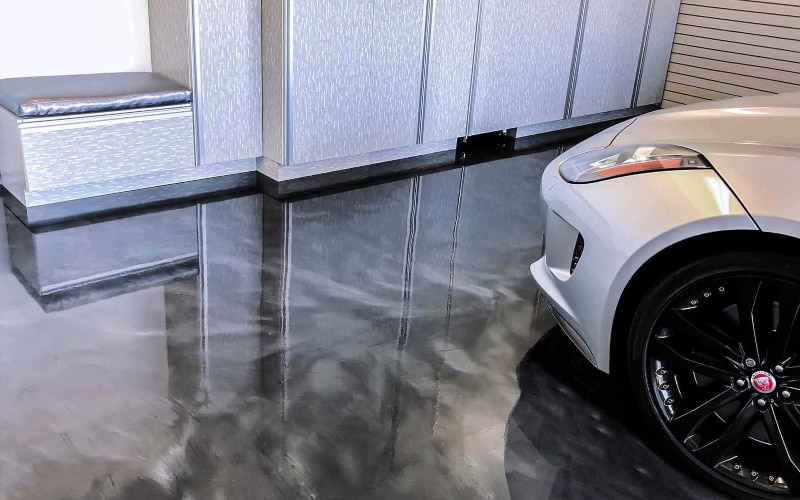
Tips for Budgeting Your Epoxy Floor Project
When budgeting for your epoxy floor installation, it’s essential to plan thoroughly to avoid unforeseen expenses and ensure value for your money. Firstly, get multiple quotes from reputable contractors to compare prices and services offered. Don’t necessarily choose the cheapest option; instead, consider the quality and scope of work each contractor provides.
Consider the long-term costs and savings associated with different epoxy products and services. Sometimes, investing a bit more upfront for a higher quality epoxy can save you money in the long run due to lower maintenance and replacement costs.
Account for the preparation work in your budget. Floors in poor condition might require additional grinding, patching, or moisture barrier applications before the epoxy is applied. Ensure you understand the extent of the preparation required and its cost.
Be mindful of customization options and their costs. If you’re willing to compromise on certain design aspects, such as opting for a standard color or forgoing add-ons like anti-slip additives, you can keep costs down.
Lastly, set aside a contingency fund within your budget. Typically, an additional 10-15% of your total estimated budget can cover unexpected issues or changes you may decide to make during the flooring project. This contingency can save you from stressful financial surprises.
Careful consideration of these budgeting tips can help you manage your epoxy flooring project costs effectively and achieve the desired outcome without compromising quality.
When considering epoxy garage flooring, the initial cost may seem high, but the long-term benefits make it a valuable investment. Homeowners enjoy durability, resistance to garage hazards, easy maintenance, energy efficiency, and increased property value. Strategic budgeting practices, such as obtaining multiple quotes and setting aside a contingency fund, help manage costs effectively. It proves to be a wise investment that combines economic sense with aesthetic appeal and yields the lasting benefits of epoxy garage flooring. Optimal results require careful selection and thorough planning for this durable flooring solution.
https://www.google.com/maps?cid=2589512530409833629




